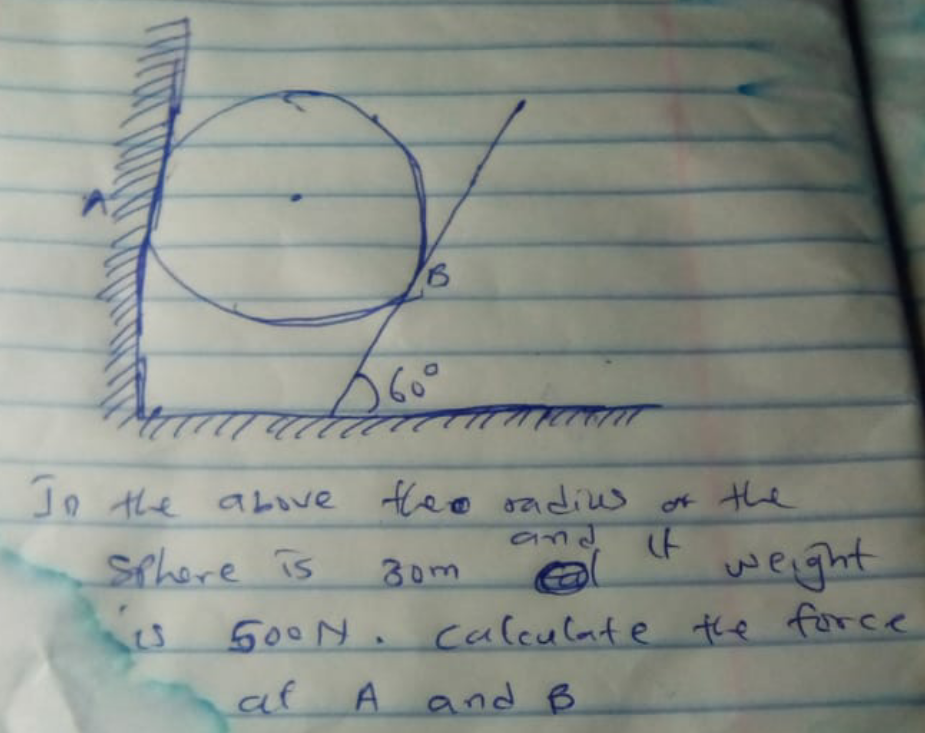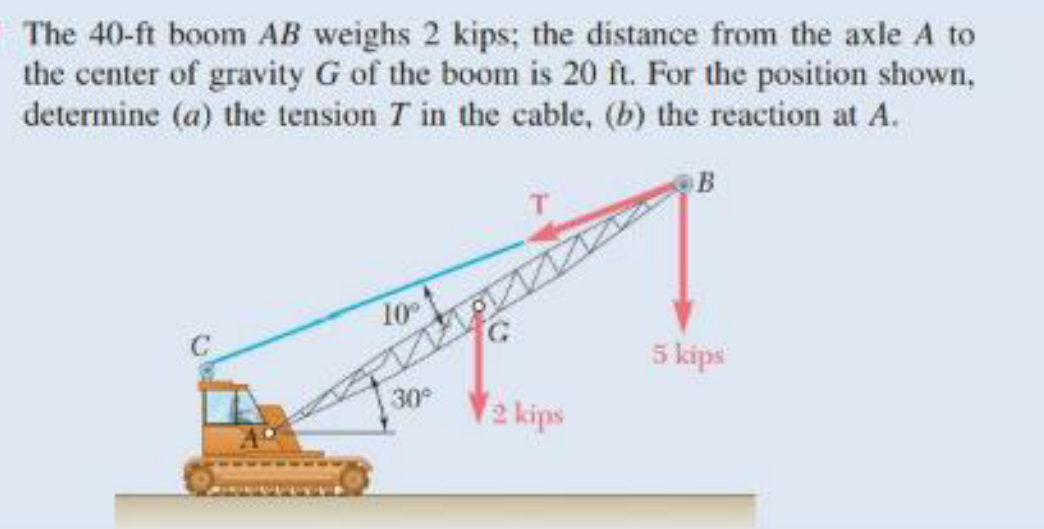
OthersQuestion and Answers: Page 60
Question Number 110860 Answers: 1 Comments: 0

Question Number 110742 Answers: 0 Comments: 0
$${please}\:{give}\:{me}\:{a}\:{result}\:{of}\:{E}\left({tanx}\right) \\ $$
Question Number 110385 Answers: 0 Comments: 3

Question Number 110920 Answers: 1 Comments: 1

Question Number 110919 Answers: 1 Comments: 0
Question Number 109922 Answers: 1 Comments: 0

Question Number 109787 Answers: 0 Comments: 0
Question Number 109776 Answers: 0 Comments: 0

Question Number 109655 Answers: 0 Comments: 0

Question Number 109619 Answers: 0 Comments: 2
$$\underset{{n}=\mathrm{1}} {\overset{\infty} {\sum}}\frac{{n}!}{{n}^{{n}} } \\ $$
Question Number 109208 Answers: 1 Comments: 0
Question Number 109123 Answers: 0 Comments: 0
Question Number 109119 Answers: 2 Comments: 0
Question Number 109117 Answers: 1 Comments: 0

Question Number 109082 Answers: 1 Comments: 0
Question Number 108951 Answers: 0 Comments: 0
$$\underset{{n}=\mathrm{1}} {\overset{\infty} {\sum}}\frac{{n}!}{{n}^{{n}} } \\ $$
Question Number 108907 Answers: 1 Comments: 1
Question Number 108571 Answers: 2 Comments: 0

Question Number 108290 Answers: 0 Comments: 3
Question Number 108259 Answers: 0 Comments: 0
$$\underset{{n}=\mathrm{1}} {\overset{\infty} {\sum}}\frac{{n}!}{{n}^{{n}} } \\ $$
Question Number 108239 Answers: 1 Comments: 0
$$\left(\frac{\mathrm{7}}{\mathrm{2}}\right)!=? \\ $$$$ \\ $$
Question Number 107929 Answers: 0 Comments: 0
Question Number 107783 Answers: 0 Comments: 1
$$\underset{{n}=\mathrm{1}} {\overset{\infty} {\sum}}\frac{\mathrm{1}}{{n}\mathrm{2}^{{n}} } \\ $$
Question Number 107741 Answers: 0 Comments: 2

Question Number 107704 Answers: 0 Comments: 0

Question Number 107628 Answers: 0 Comments: 0

